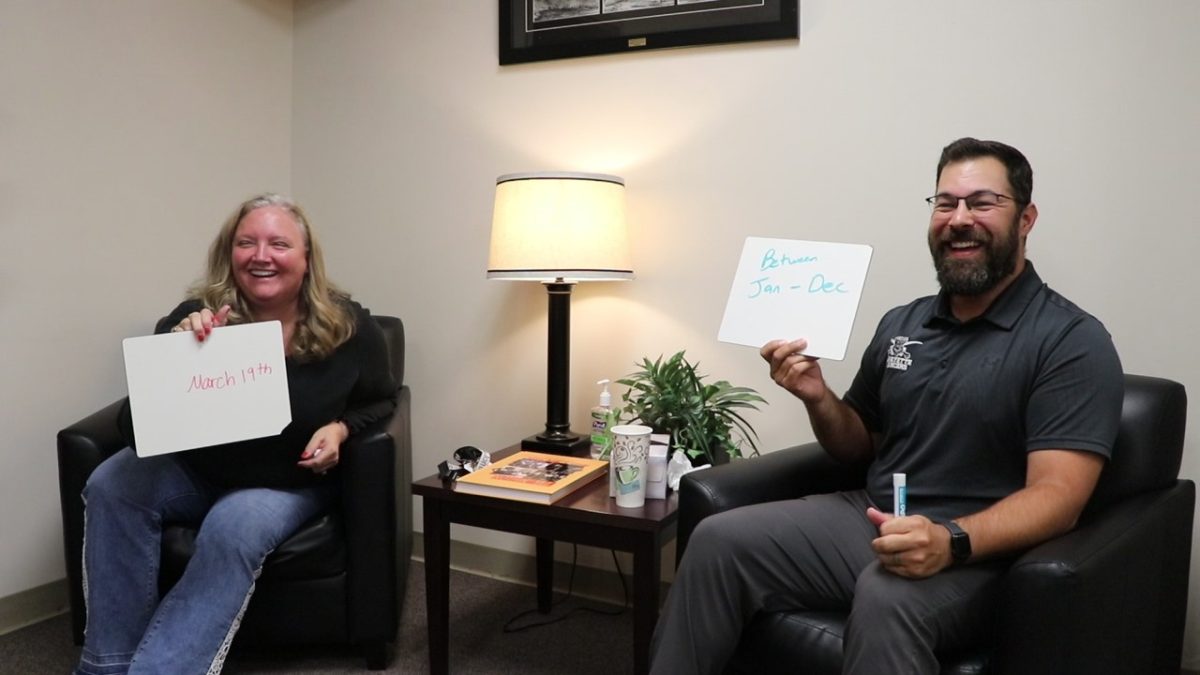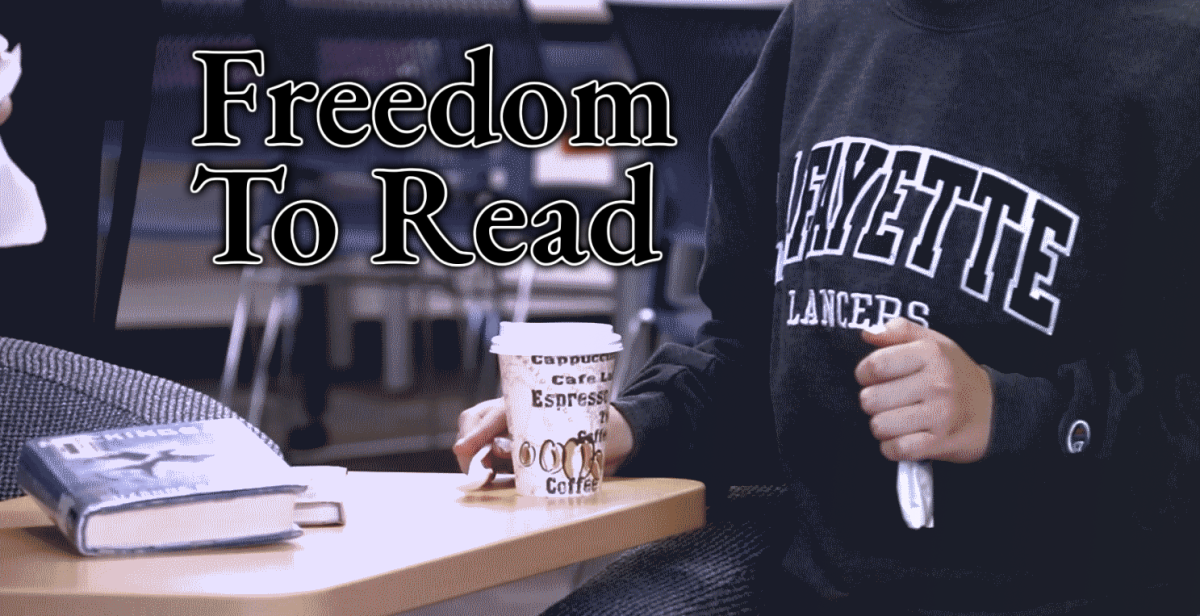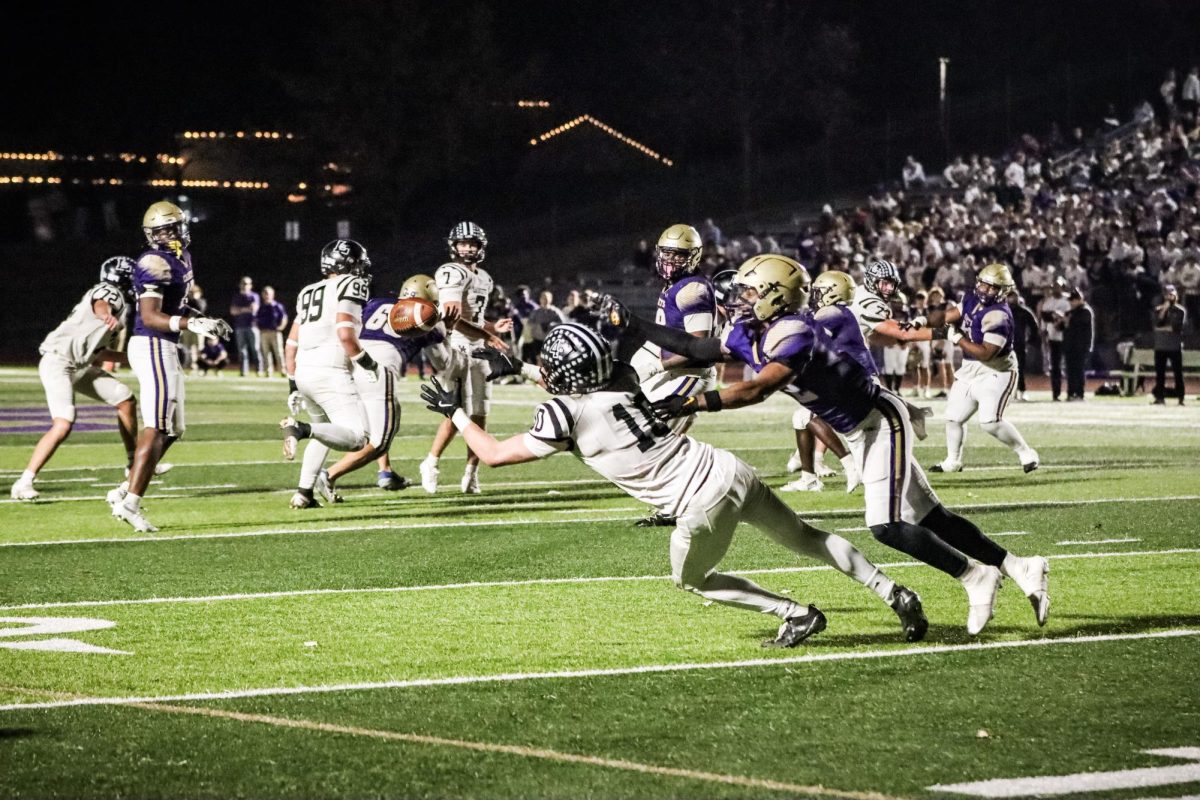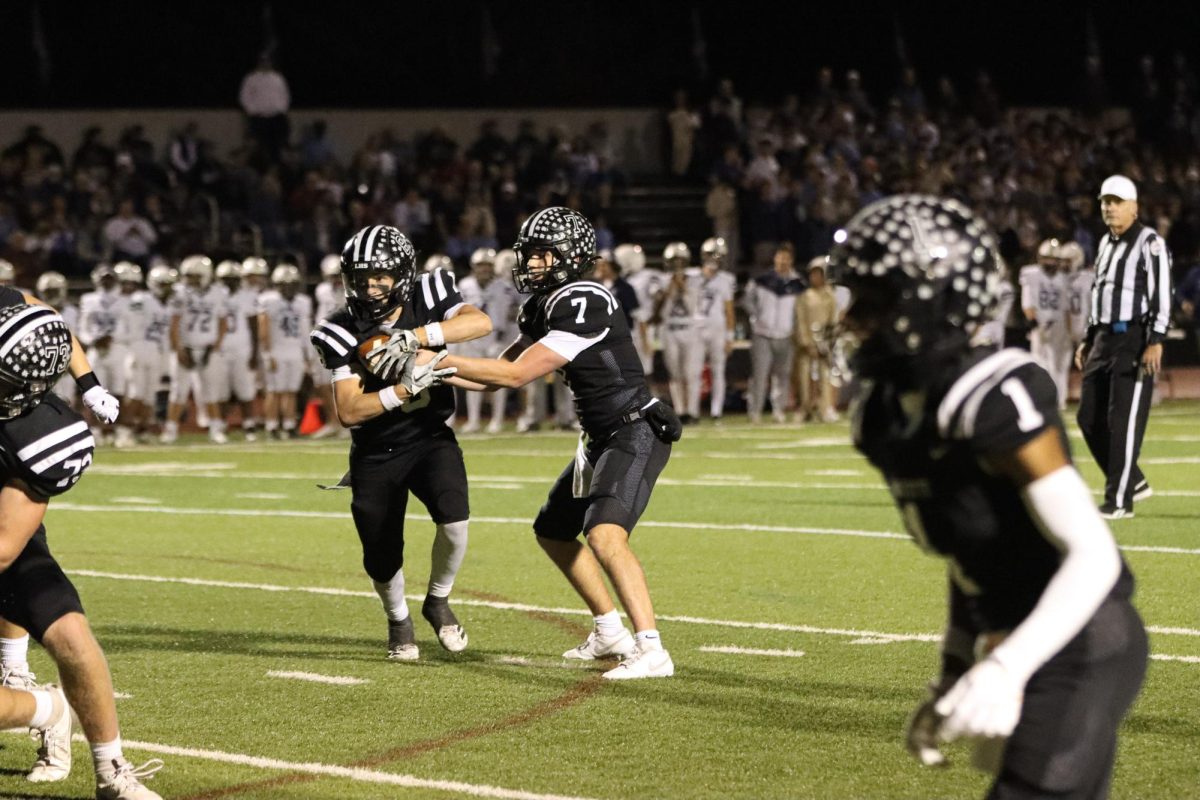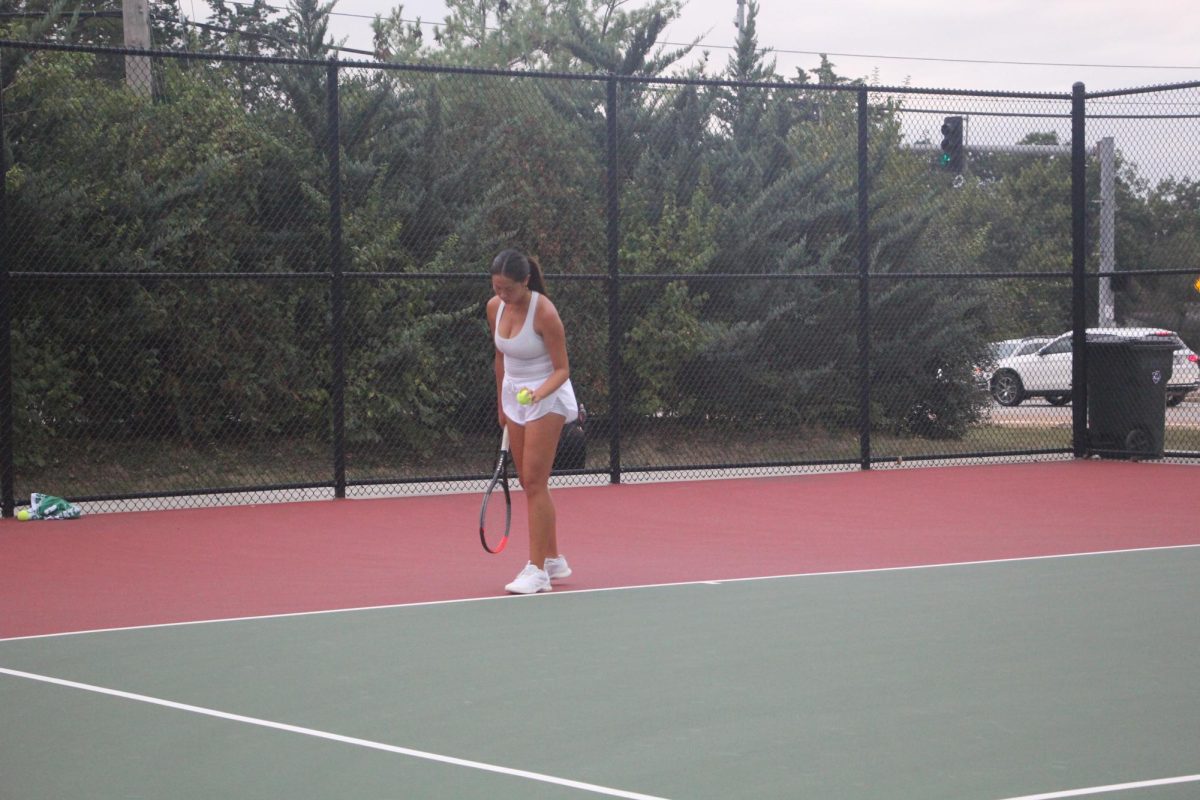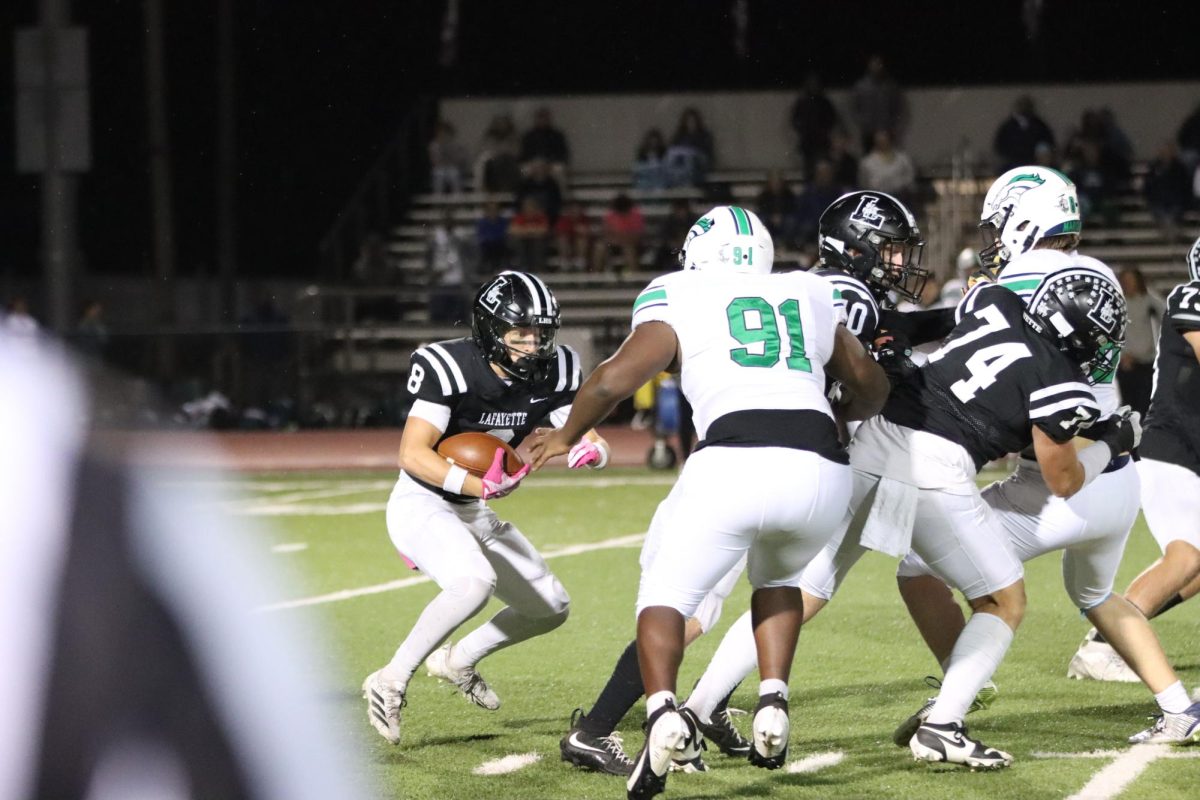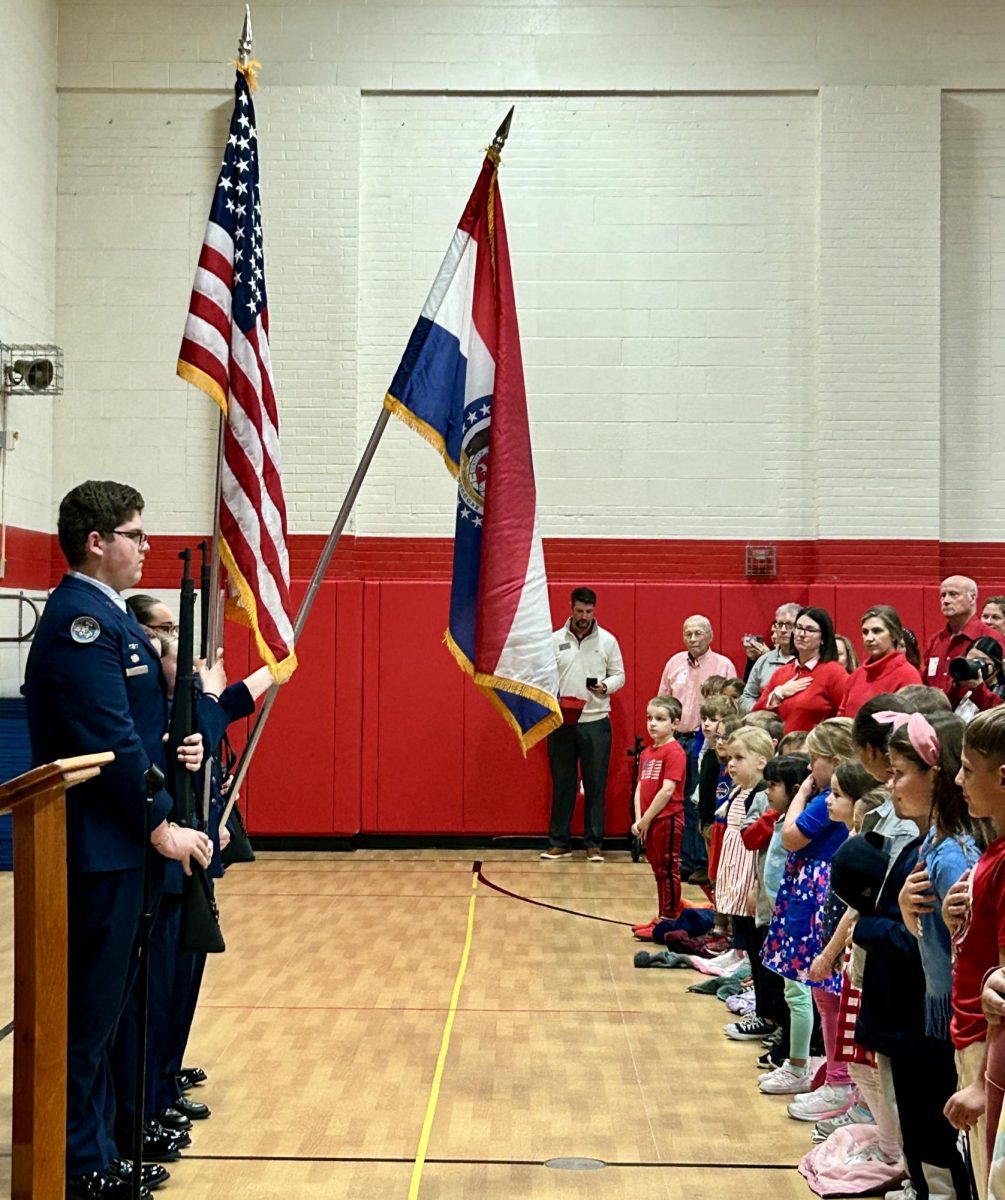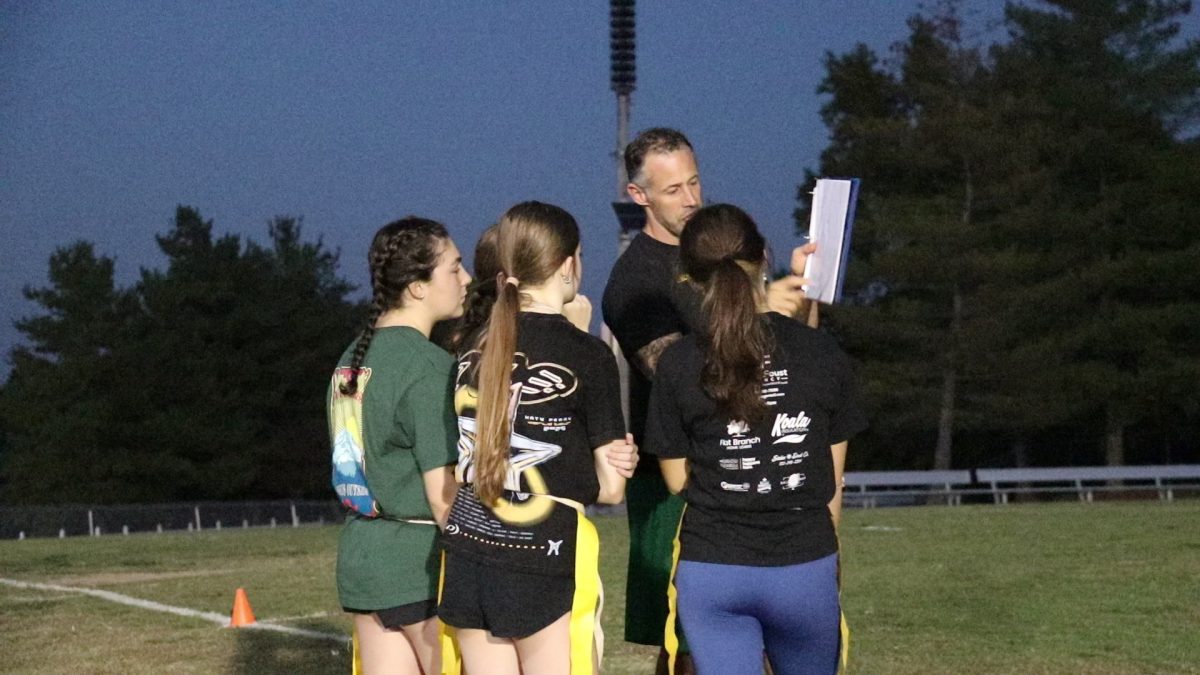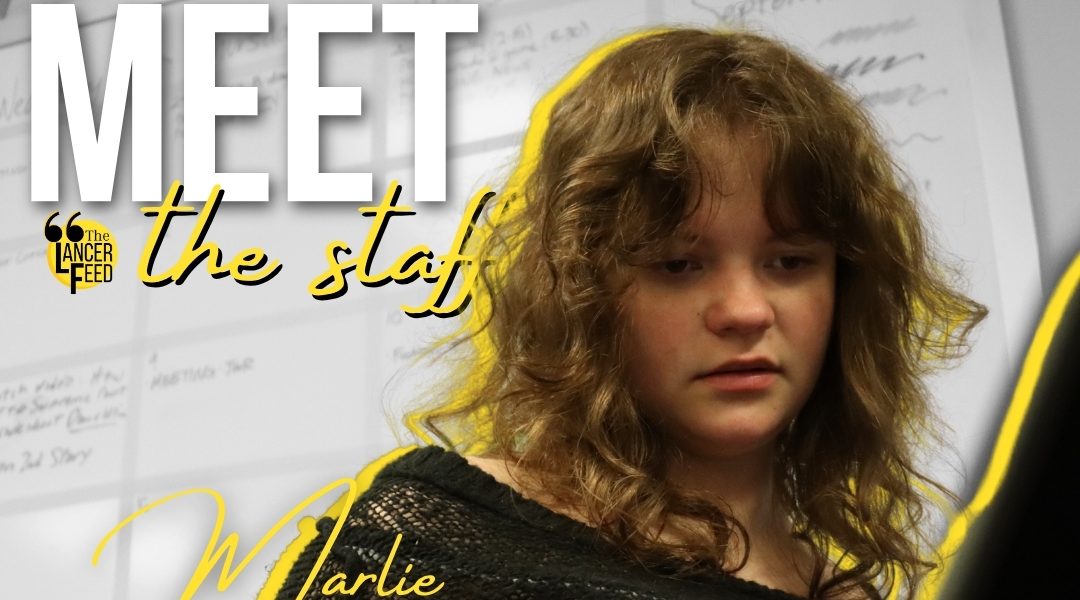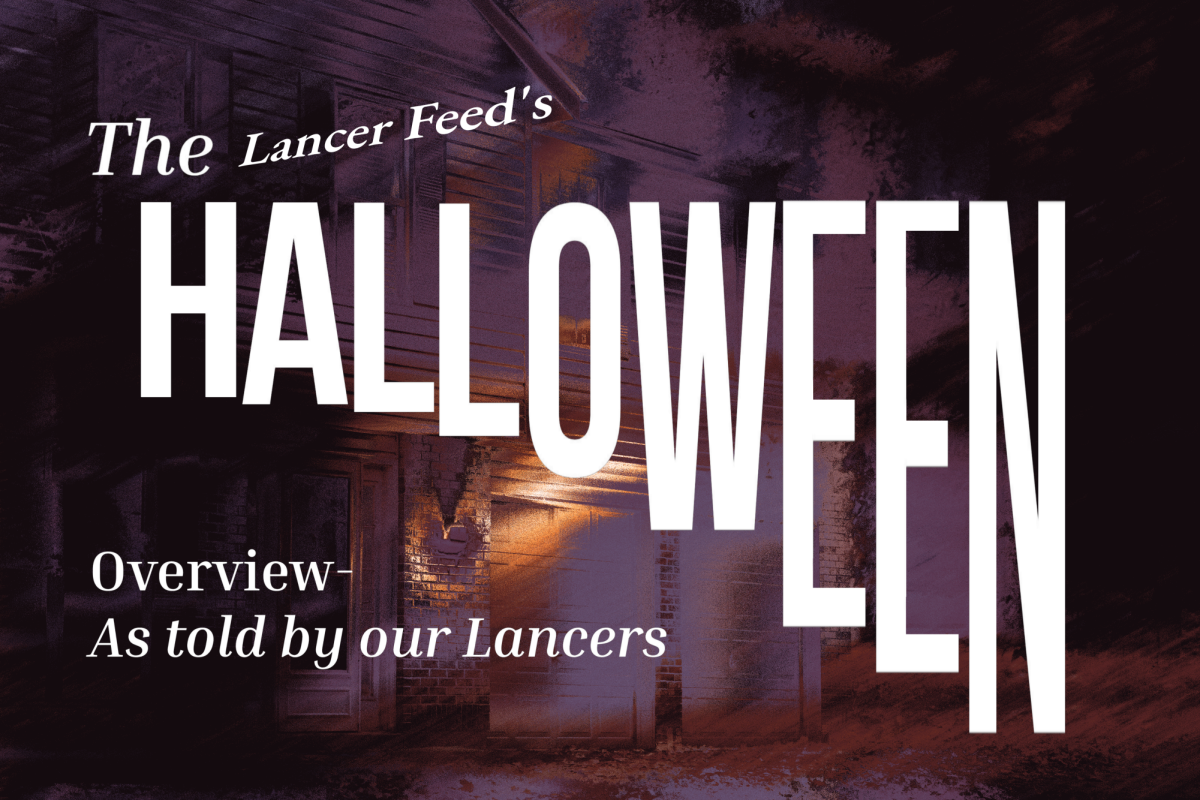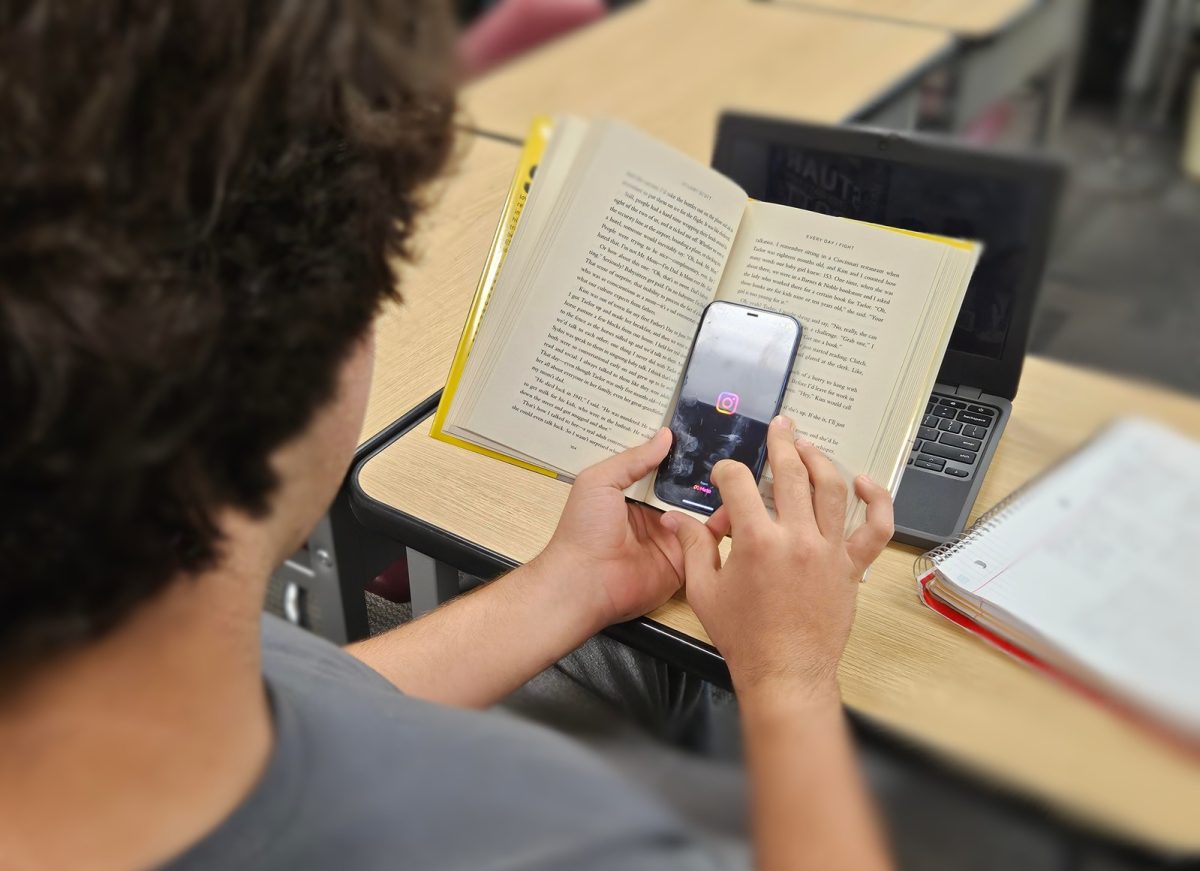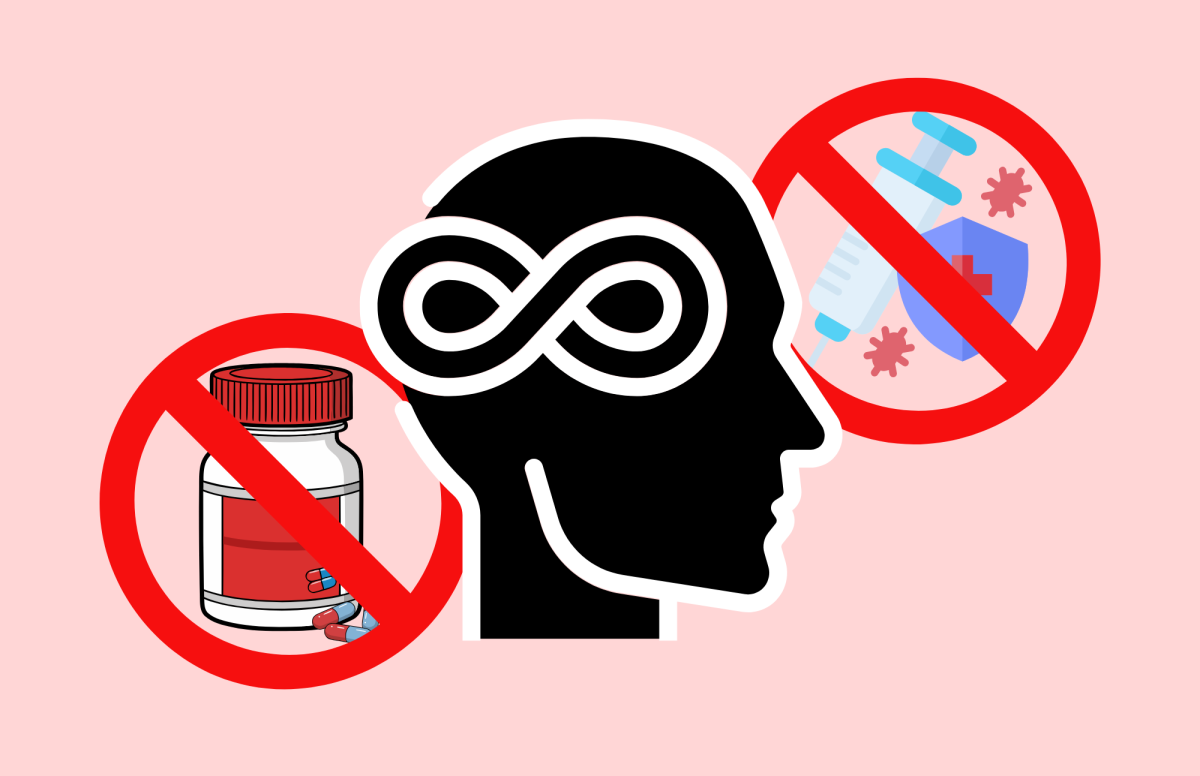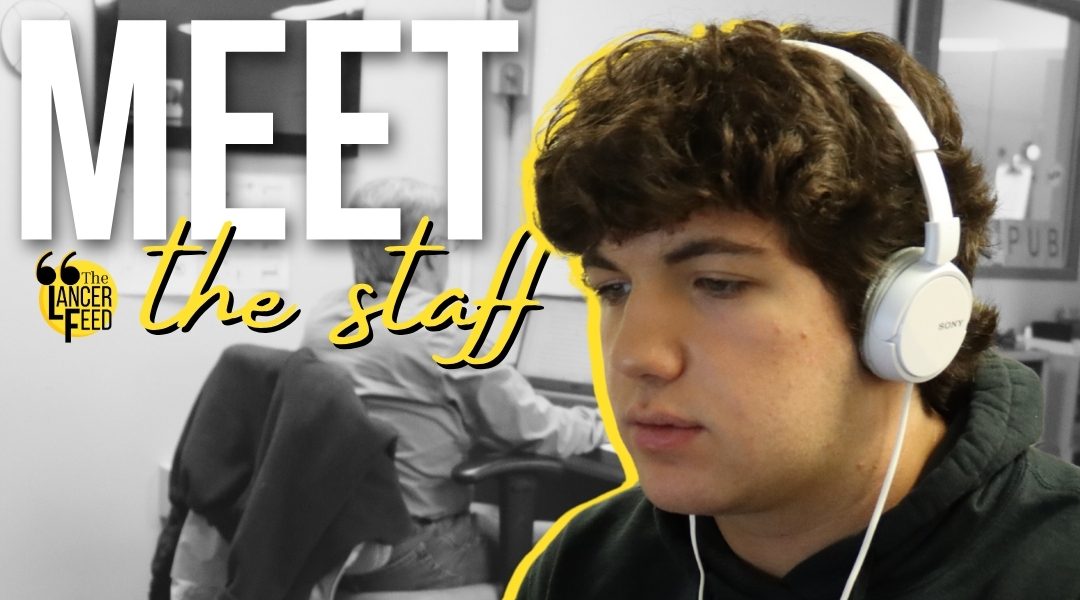Lancers reflect on the Supreme Court’s ruling on affirmative action programs

The word ‘affirmative action’ has different definitions in different dictionaries. However, every dictionary’s description of the term has one thing in common; the purpose of affirmative action is to aid a minority group. On June 29, the U.S. Supreme Court ruled against affirmative action programs at Harvard University and the University of North Carolina.
July 3, 2023
Since the U.S. Supreme Court ruled affirmative action programs unconstitutional in college admissions, different students at Lafayette have expressed their opinions regarding the issue.
Because of this implication, many Lafayette students have concerns about what the ruling will mean for them and others. One of those students is junior CJ Woode.
“Although I am fully capable of striving for academic achievement and succeeding, I’ve grown up noticing more and more, especially from stories of my parents’ experiences, that people of color who have attended elite schools in the country have felt the need to prove that they deserved to be there. I feel that that’s going to continue to be a struggle as a result of this [affirmative action] decision,” Woode said.
Although Woode disagrees with the court’s decision, he does believe it will help prove that students of color belong in a university, rather than having to prove that they aren’t just there to fit a quota.
“I also noticed that a lot of times in certain schools, no matter their grades or SAT scores, people may think of people from different backgrounds in their schools as affirmative action beneficiaries,” Woode said. “I don’t like this, because it guards others from seeing the actual and probably painful struggle these students must have had to go through to get admitted to those schools.”
Despite this, Woode believes that because the purpose of affirmative action is to help historically disadvantaged groups, it is important.
“Affirmative action helped schools embrace diversity. I also think it’s important to recognize the historical disadvantage that certain ethnic groups have. Notably, African American, Latino, and Native American, among other groups, have faced racial, ethnic and anti-immigrant prejudice, including discrimination in employment, housing and education,” he said.
A specific ethnic group Woode used as an example to explain this is Blacks.
“The purpose of Affirmative Action was to right historical disadvantages. Slavery lasted more than 150 years in the USA. After it ended, there was a long, lasting period of discrimination, which prevented people of color from advancing in society. Some of this still exists today, sadly,” Woode said.
Another student who disagrees with the Supreme Court’s decision is sophomore Ella Nolan.
“Affirmative action is there to help people who historically don’t have as many opportunities and it did change the amount of opportunities specifically people of color had,” Nolan said. “This is really important to me because I myself am Guatemalan.”
Because of her culture, Nolan said that the Supreme Court’s ruling hits her personally.
“Being someone who is Latina even though I’m very lucky to have been adopted by two women that love me, so I’m not as much in touch with historical Guatemalan culture as other people are, I will say that this still feels very personal because I know this will more specifically target people like me and people who share the same identity as me,” Nolan said.
Likewise, as senior Maya Jury prepares to apply to colleges, she is frustrated by the court’s decision and also worries about how this will affect her admissions.
“I would be lying if I said that I wasn’t always thinking that [my ethnicity] would be a factor that could go into my resume and background. I kind of have a story that’s unique to me, and a lot of that is based on my ethnicity. I almost wonder if I’ll even be able to share that story. For the most part, though, I live in a white family, and I go to a good school, so I have a lot of opportunities. So personally, I feel like I’m not affected quite as much as a lot of other people and groups,” Jury said.
Though Jury disagrees with the court’s ruling, she understands their intentions.
“I completely agree with the reasoning, to make things ‘more equal’ and ‘more fair’ but it’s just not more fair, because there are groups with less opportunity, just because they have less money. In a country where money basically equals opportunity, it’s really hard to escape these cycles and I think the ruling just furthers the cycle,” Jury said.
Jury has also expressed flaws in the opinion of those against affirmative action, as she finds certain aspects of their arguments hypocritical.
“This whole [constitution should be] colorblind thing isn’t going to work in a society that is inherently not colorblind. Race has been the basis of so many things in this society, so you can’t just go and make colleges colorblind because it’s ‘fair’. Opportunities for different groups just aren’t fair,” Jury said. “Another thing is if [colleges are] not factoring in race, fine, but [they’re] still factoring in legacies, donor families and all these other things. None of those things are intelligence-based, so what’s the difference?”
Senior Zubaida Jamali also feels disadvantaged by the decision but also doesn’t know exactly what her stance is on affirmative action, and she understands both sides.
“On one hand, it makes sense to get rid of [affirmative action programs] because there are many stories about the abuse of application acceptance due to affirmative action. But, there is also the problem that the overrule will cause [schools] to now reject anyone who would benefit from affirmative action, stating that it’s no longer a rule,” Jamali said. “Basically, either way, universities probably take advantage of it for their own. I don’t think getting rid of it will do any good and may cause a lot of problems though.”
As another student preparing for college applications, Jamali worries that this decision will negatively affect her chances as a Pakistani person.
“I think I’m probably considered one of the groups that benefit from affirmative action so it’d probably be more difficult applying to colleges for myself. I don’t mind the connotation that everybody is treated with the exact judgment, but it’s really hard to tell how many administrators will actually be fair, and who will just reject people they don’t like,” she said.
On the other hand, senior Ella Fusco agrees with the ruling, and she believes it is the right decision.
“The use of race to determine any decision was already deemed unconstitutional long ago and this isn’t any different. Plus race does not automatically make you the best fit for a college program. If someone isn’t qualified, they aren’t qualified and they shouldn’t get admitted to fit a quota when someone else is better deserving of that spot,” Fusco said.
Unlike Jury and Jamali, who are worried that their admission chances will decrease due to the ruling, senior Rihaan Parakkal agrees with Fusco and believes because of the ruling, his admission chances will increase.
“While I understand the purpose behind affirmative action in schools, personally, I do not think such measures work in the way people intended. Instead, [they hurt] Asian students by hindering their academic success,” he said. “As an Asian, I feel like now I have a greater chance to get into a college without racial quotas threatening my future.”

